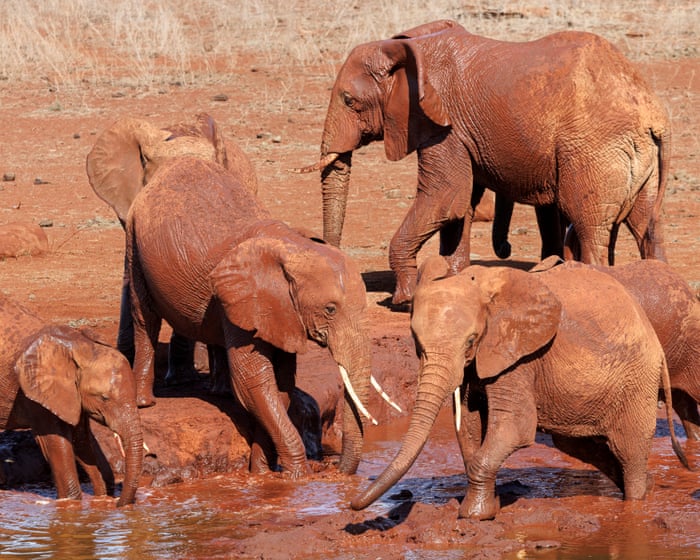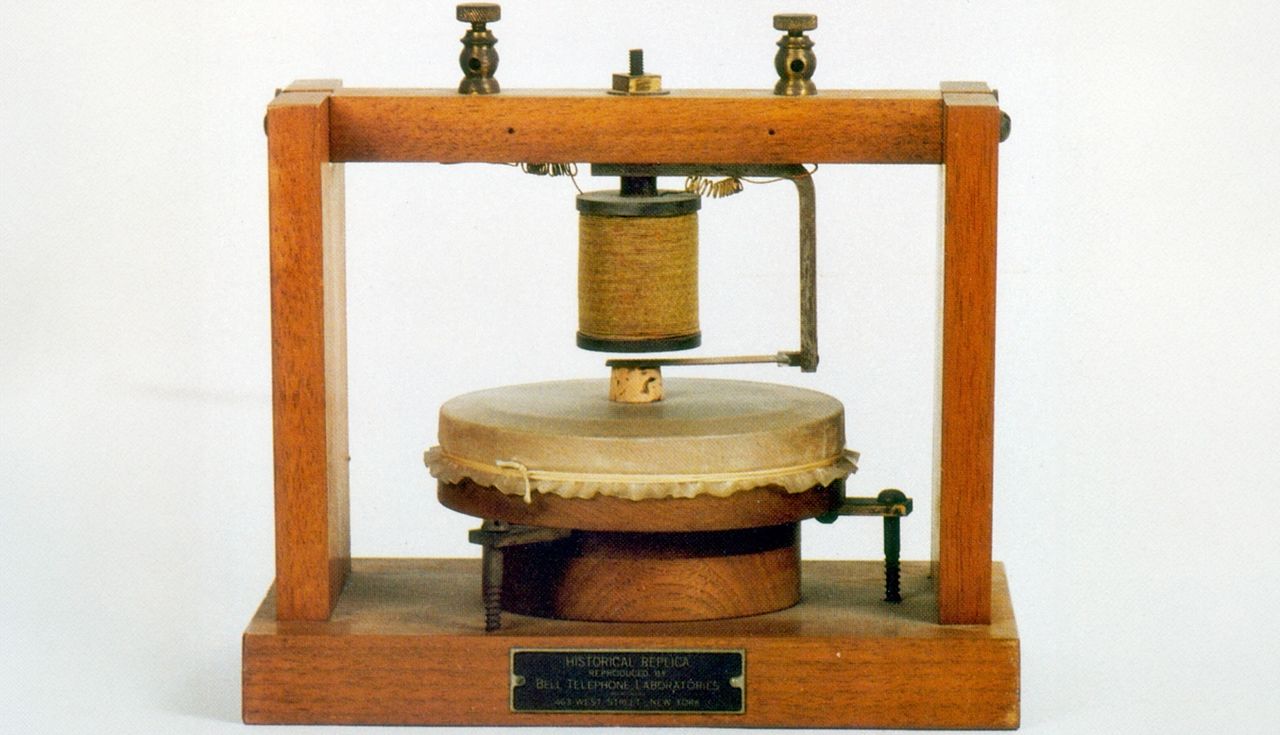Diagnostic dilemma: A brain lesion gave a woman a lifetime of joyless laughing fits
NeutralScience

A woman has lived with uncontrollable laughter for her entire life, a condition that puzzled her and those around her. Recent brain scans have finally provided an explanation, revealing a brain lesion as the cause of her joyful yet distressing fits. This discovery sheds light on the complexities of neurological conditions and highlights the importance of medical imaging in understanding unusual symptoms, potentially guiding future treatments for similar cases.
— Curated by the World Pulse Now AI Editorial System






